After the big breakthrough, a dream deferred
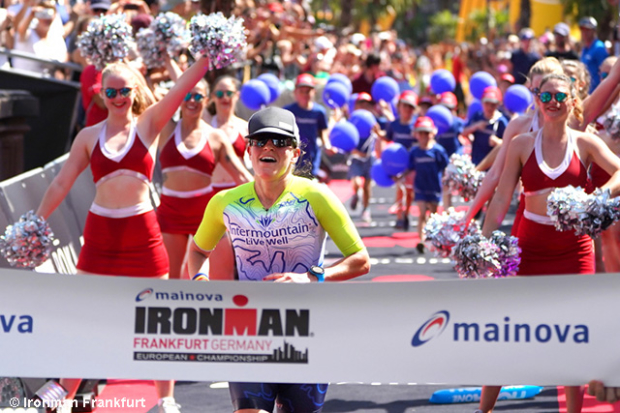
Like Gwen Jorgensen and Sarah Crowley, who quit accounting for triathlon, Skye Moench quit her full-time job with spreadsheets for swim-bike-run in 2015. After a steady climb that included several 70.3 podiums, the Salt Lake City resident had a breakthrough win in July at the Ironman European Championship in Frankfurt and was in prime shape for her Kona debut. Until this week – when she suffered a devastating bike crash in training.
In the hospital, Skye posted this notice on Facebook: “I had a really bad bike crash yesterday coming down a canyon I had climbed and descended many times. No one is exempt from a crash, and I suppose my luck was up. I have no idea what happened and have little memory of any events in the few hours following the crash. A kind man found me in the middle of the road and loaded me and my bike in his truck. I bled all over his truck as he took me to the nearest hospital. What a SAINT – I am incredibly grateful!"
“I’ve had time to come to terms with the fact that I won’t be racing at Kona, which has brought me to tears many times, but I am so grateful to be okay and to know that I will heal up and be able to race another day. As of yesterday before my crash, I was in the best shape of my life and was very excited to execute my race in Kona, but now I have the huge task of recovering.”
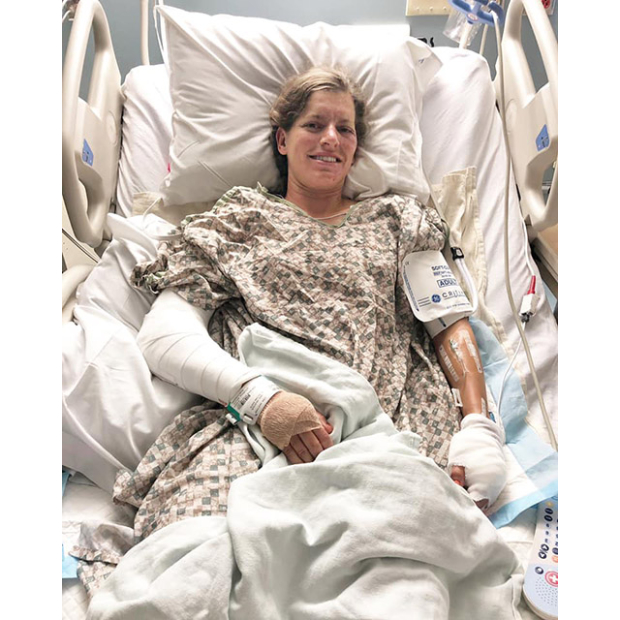
The physical toll: concussion, bleeding outside the brain, right elbow shattered, right clavicle broken, left thumb busted. Emotions: “My heart is a bit broken, but my spirit and determination are not broken.” She will undergo surgery next week.
Skye’s crash injuries are yet another reminder of the vulnerability of triathletes preparing for and racing the biggest event of the year. In 2017, Tim Don crashed in practice before Kona and Matt Russell crashed in the race. Both suffered serious injuries which took long months of recuperation.
(The following interview with Skye was recorded before her crash and scheduled to run just before her World Championship debut.)
Slowtwitch: When did you start your road to triathlon?
Skye Moench: I ran my first marathon at 16 and I think I finished around 4:15. I did not compete in NCAA sports at BYU, but I was fully addicted to running. I bought my first bike when I was at BYU – cycling was beautiful there. I loved riding and running.
ST: When was your first swim-bike-run?
Skye: My very first triathlon was in 2009 when I was 20 while I was at BYU. A friend said, “I think you could be good at it. If you want to do it, you can ride my bike.” It was a tiny sprint triathlon in Provo [Utah]. I did some more local sprints and then I did a local half Ironman. No coach. No special training, I wasn't totally ready but I finished in 5:10 or something.
ST: Setbacks starting up?
Skye: The most discouraging injury I had was when I was working full time at the Ernst and Young accounting firm after graduating BYU. I developed a patella femoral syndrome in my knee and I couldn’t run for three months.
ST: More physical or emotional pain?
Skye: If you are sitting at a desk all day running is so important. It was my therapy. So that was devastating. I went to a doctor and I went to a physical therapist. I had not done much strength training. So I learned a lot about things like hip stability.
ST: You’re known for embracing hard challenges. What’s hard?
Skye: Relationships are hard. Paying for college is hard. Doing an Ironman is hard. Working a job you don’t enjoy and trying to find something else to motivate you is hard. Professional triathlon has proven to be extremely hard. I had no idea how hard it would be. I see women in triathlon who have done incredible things and I ask myself, what do I have to do to get there?
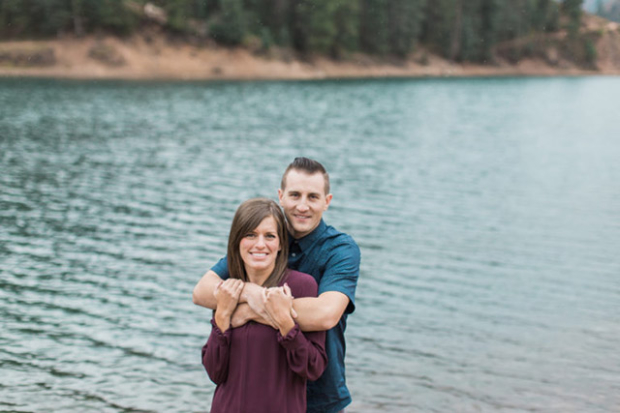
ST: How tough was it to get into BYU and the accounting program?
Skye: BYU has high academic standards, and I worked hard in high school to maintain a near perfect GPA and be a well-rounded candidate to get accepted at a top university. It certainly helped to mold me into the person I am today! I really loved accounting and did very well in my courses, but I had some less admirable grades in history, philosophy, etc. The accounting major at BYU is one of the top ranked programs in the nation. It was cutthroat. The school tells you that you need to dedicate your life to the program, and not much else. I was paying for my own school and board, so it took a lot of time management and discipline to pay for all this while being in a very demanding program.
ST: How did you find the energy to take on this workload – and biking and running?
Skye: I think I do my best when I have a lot to manage, as long as I’m passionate about what is demanding my time and effort. It requires me to cut out things that don’t add value, and I am able to give my best to my close relationships and help achieve my goals.
ST: Where did you get your work ethic?
Skye: I have some great examples of hard workers in my family. I think because I grew up having to work for almost everything, I quickly appreciated the value of hard work. If I wanted something, whether it be new clothes, a road bike, or my university degree, I had to pay for it.
ST: How did you like working at Ernst and Young?
Skye: It was a job I worked very hard to get and I was very happy I did. It was nice to be making good money and traveling and buying whatever I wanted, But after a while it wasn’t satisfying.
A BALANCED LIFE
ST: You seem to have a balance of risk aversion and risk acceptance.
Skye: I thrive off calculated risk. When I was in university I was always building spreadsheets to forecast my earnings and how much school and life would cost me over the next several months. Not taking out any loans for school was a bit risky, but I loved that I could figure out how I was going to pay for everything in the long run, and it motivated me to work hard and be smart with my money. Never underestimate the power of a good spreadsheet!
ST: How did this mindset prepare you for a triathlon career?
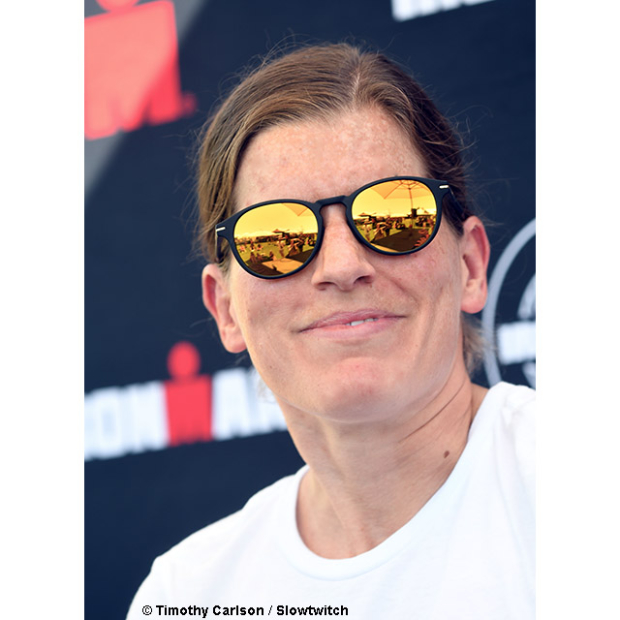
Skye: I’ve done the same thing with triathlon. I figured out just how part-time I could go at EY while still paying for everything when I first dove into triathlon. (I wasn’t married yet, so I was fully on my own.) Once I married [Matt Moench, in 2015] that gave me a bit of security knowing my husband wouldn’t let me go hungry. But I still put a lot of financial responsibility on myself and still build plenty of spreadsheets.
TURNING PRO
ST: How was your first year as a pro triathlete?
Skye: I quit my job and got my first coach (Wes Johnson) with the idea I would turn professional. It was a rude awakening when I started racing pro to see how fast the women were and how fast I wasn't. I always believed I should belong. But I had to accept reality. I proved it to myself last year when I got a podium at Switzerland 70.3.
ST: Any second thoughts?
Skye: I’m sure I despaired during some of my spreadsheet forecasting when I saw how much money I was pouring into triathlon without making much money from the sport. As an accountant who is passionate about personal financial management, and being a responsible adult, that was always hard to swallow. At the beginning of my journey as a triathlon pro, I worked hard to make connections and gain some sponsorships, and I got many zero positive responses. That was discouraging, but that’s also when I reminded myself that I wasn’t doing this to get the approval of a sponsor or just to make money. I was doing this to challenge myself.
ST: What was the low point?
Skye: Once when I reached out about a potential partnership after a couple years of racing pro, the person in charge of marketing accidentally “replied all” to my email and wrote, “She’s a nobody, she just wants free stuff.” I bawled myself to sleep that night, a major ugly cry. I was crushed because I knew I was putting everything I could into being a top triathlete and it felt like I wasn’t getting anywhere. Having someone say I was a nobody was completely demoralizing.
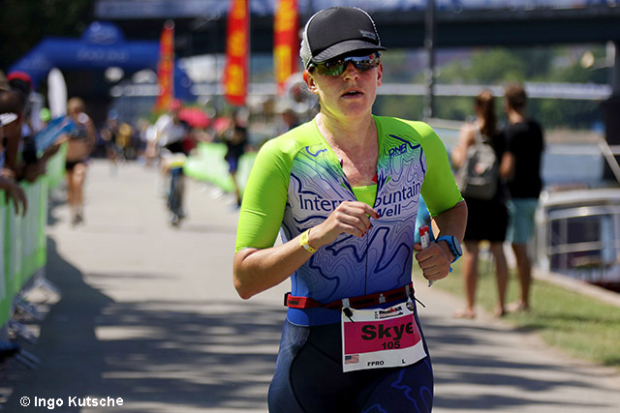
CLIMBING THE PROFESSIONAL LADDER
ST: Early in 2018, you started with well-known coach Cam Watt. What was your first pro breakthrough?
Skye: I did Frankfurt in July 2018 and finished 7th [in 9:42:26 – Daniela Ryf won in 8:38:44, Sarah True was 4th in 9:05:19, Sarah Crowley was 5th in 9:11:31, Anne Haug 6th in 9:14:06].
ST: What came next?
Skye: My coach said: “I think you will back up Frankfurt really well. So let’s give it a shot.” I had only been working with Cam for six months and we had been working really hard to build me up. I went to Switzerland excited for another opportunity to do an Ironman. So three weeks after Frankfurt I finished in 9:14 16 and got 2nd behind Kona top five finisher Kaisa Sali and I beat Annabel Luxford and Lisa Roberts. That was the first time I really put an Ironman together really well.
ST: What was your next step?
Skye: A few months later, I did Ironman Arizona and got 4th, behind Heather Jackson, Carrie Lester and Jen Annett. My time was 8:58:28, but I could see room for improvement as I ran 3:14:17, 13 minutes slower than Heather Jackson.
ST: What did you learn from that race?
Skye: I had a slight niggle on my hip going into the race. That was looming in my head, but it wasn’t stopping me. I knew in the worst case I could have a swim and bike workout and perhaps I would just withdraw on the run. But when the gun went off, the niggle went Poof! Gone!
2019 FRANKFURT
ST: Tell us about Frankfurt.
Skye: Driving to Frankfurt, Cam said, “Some people want to win. But you have to win.” So I latched on to that as my mantra for the race.
Moench swam 57:31, five minutes behind Sarah True, Amelia Watkinson and Imogen Simmonds. “I was thinking: This isn’t where I had been in the pool and where I had been swimming in 70.3s. But you just make the best of the situation.”
By the end of the bike she caught Imogen Simmonds, who had been riding out front with Sarah True. Moench had a 4:58:39 bike split and led into T2 with True, Simmonds and Bleymehl.
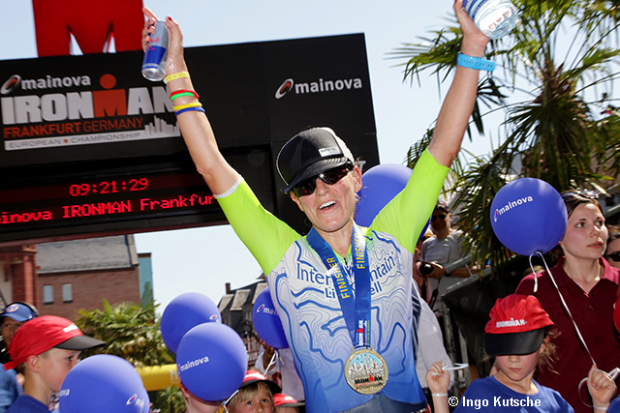
ST: While you were in a good position starting the run, Sarah True had two Ironman marathon splits that were nearly 20 minutes better. Were you resigned to defeat?
Skye: I know Sarah is a faster runner. [True ran 2:54:58 at Ironman Frankfurt in 2018 and last year at Kona she ran 2:57:38. Moench’s best Ironman marathon is 3:14]. I was not even going to try to match that. In the heat I knew if I went too hard at the beginning it would really come back to bite me.
ST: How hot was it?
Skye: At each aid station I took in as much liquid as I could. I was rubbing ice on my face. Sponges soaked in cold water. I would dump ice into my cap and put ice down my sports bra. I was basically soaking wet the entire run.
ST: What was your body telling you?
Skye: By mile 20, my legs felt like they wanted to quit. To be honest, they felt worse at the end of the bike. On the bike, the sun is just on you and you can’t dump water on yourself every 8 minutes. It wasn't that windy at the end of the bike and my head was hot under my aero helmet.
ST: You were eight minutes behind Sarah in the final miles. Could you keep track of her?
Skye: The last time I saw Sarah she looked good. I was thinking. This is awesome! Two Americans are running at the front of this huge race. She is gonna get her Kona slot. I am going to get a Kona slot. I was pumped for us both. Then the first place cyclist started riding with me and I thought What? Then he said: “Skye, congratulations! This is your race now. Sarah is not going to make it to the finish.”
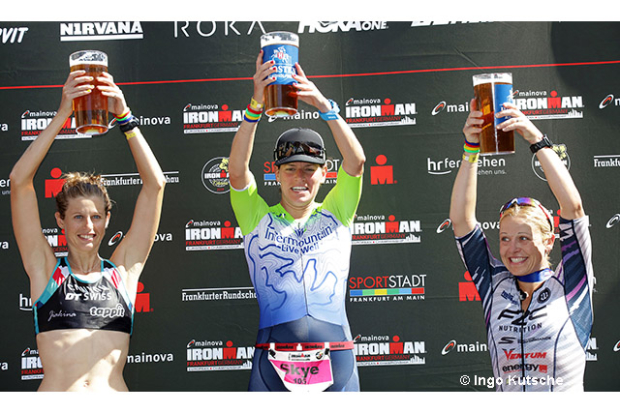
ST: No premature self-congratulation!
Skye: No! Never. Anything can happen. I could pass out in the finish chute.
ST: Did you look behind you?
Skye: Maybe once. But I don't look behind any more. Because if you are looking behind you want to slow down. I just tried to run faster.
After Frankfurt, Moench raced well, winning Ironman 70.3 Boulder. Her last race before Kona was Santa Cruz 70.3 where she took second, 1:19 behind fellow Cam Watt-coached athlete and 2017 Kona podium finisher Sarah Crowley. Most encouraging, Moench outran Crowley. That same weekend, Imogen Simmonds of Switzerland, who finished behind Moench at Ironman Frankfurt, finished third at the Ironman 70.3 World Championship in Nice.
ST: [Asked prior to Skye's crash.] What are your thoughts on Kona? Will you have to run 3 hours or better in order to contend for a World Championship?
Skye: I’ve seen really great improvement in my half-Ironman run times, so Cam and I believe a 3-hour marathon will come. But not overnight. For sure the women who are currently at the very top are demonstrating that running a sub-3 hour marathon is required. Everyone is just getting so much faster across the board, but it’s a good thing! We are all working to rise to the occasion.
(End of previously recorded interview.)
Once her rehab is done and she is fully recovered, Skye Moench can attack the 3 hour marathon in preparation for another shot at Kona.

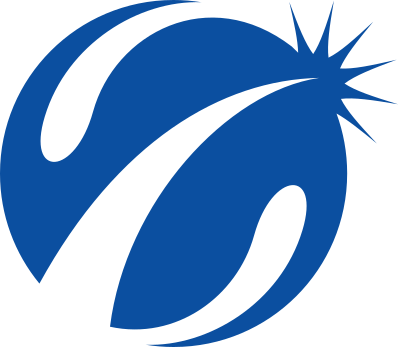


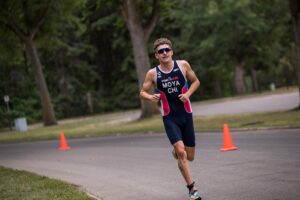


Start the discussion at forum.slowtwitch.com